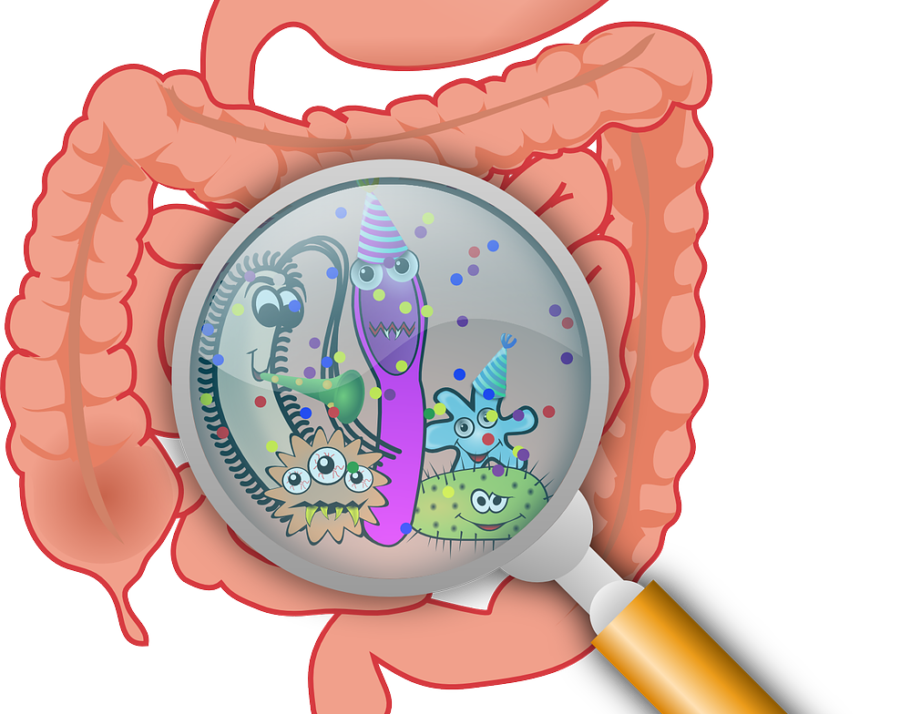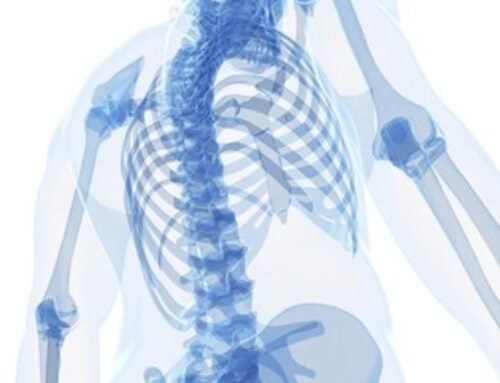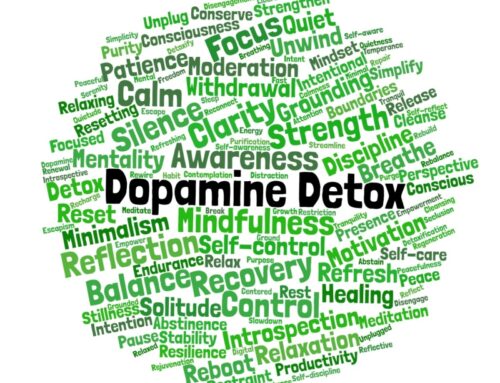Small Intestinal Bacterial Overgrowth, better known as SIBO, is an emerging diagnosis. It is being used to better understand the cause of Irritable Bowel Syndrome and other chronic bowel diseases. Just a few years ago, SIBO was more of a theory than a true diagnosis because of a lack of diagnostic testing and a lack of understanding of the microbiome in our gut. A healthy microbiome is now being better appreciated as an important role in our physical, mental, immunological, and overall health.
The 30-plus feet of the human small intestine should be a nearly sterile environment unlike the shorter large intestine that holds the majority of our microbial biomass. The small intestine, though, is prone to becoming home to bacteria by means of intestinal parasites, food poisoning, antibiotic use, or years of nutritional neglect and self-sabotage. It has been well documented that the typical American diet of high sugar and high carbohydrate foods can lead to preference and overgrowth of specific bacterial strains in our gut. If left unchecked these bacterial strains can alter the health balance of our gut’s microbiome and create devastating effects on our health.
It is well documented now that SIBO can be the cause of both chronic constipation and chronic loose bowels. It is also responsible for producing large amounts of intestinal gas, causing bloating, cramping, and severe abdominal distress. Studies are looking into other chronic conditions like fibromyalgia, chronic fatigue, and even depression having some relationship with SIBO.
Testing for SIBO
SIBO is not easy to detect because of its location in the small intestine. The best test to date is a breath test that looks for methane and hydrogen gas produced by the bacteria overgrowth. Methane and hydrogen are byproducts of the bacteria living in the gut and are not normal gases given off by healthy humans. Thus a breath test is fairly predictive of bacterial overgrowth. An at-home breath test can be ordered and performed easily by oneself. Here is a good test that may need a prescription from a physician. Our office will be happy to provide that to current patients.
Treating SIBO
If the typical American diet is what can feed SIBO, the atypical American diet can starve SIBO. A low-carb, low-starch, low-sugar diet, commonly referred to as a low-FODMAP diet, can be beneficial in curbing SIBO. I would highly recommend patients begin with this lifestyle change for several weeks and evaluate the changes. Often symptoms will greatly improve and most will go away. The eating habits that we teach in our [LivFIt] seminar would be a perfect example of what to follow for someone trying to curb SIBO.
In some cases, though, more is needed for treating SIBO. Often the antibiotic Rifaximin and/or Neomycin is used to kill the bacteria in the small intestine. These antibiotics are preferred as they do not seem to alter the bacteria in the more important large intestine. During antibiotic treatment it is important to increase carbohydrates back into the diet temporarily. Guar gum, sweet potatoes, and yucca can be good sources of starchy carbohydrates during the use of the antibiotic. These foods help the effectiveness of the antibiotic by allowing its uptake by the bacteria while they are feeding on the carbohydrate source.
Nutritional Help for SIBO
During and after treatment, the intake of fermented foods can be important to properly colonize the gut with appropriate bacteria. Foods such as sauerkraut, apple cider vinegar, kimchi, kefir, and kombucha can be great additions to the daily diet. You can also increase the healthy gut bacteria by taking a probiotic. Make sure you source this from a reputable office or healthy store, as cheap probiotics are often worthless in effect.
SIBO Often Returns
One last note, SIBO is hard to kill. It can easily re-occur even when being treated properly. Some studies have the recurrence rate at nearly 50%. Working diligently with a competent professional on both dietary prevention and treatment is key.
Learn More at [LivFit]
Do you want to learn more on SIBO, how to heal the gut, and how foods can help heal the body? Join us for our [LivFit] seminar series starting March 29 at our Roanoke chiropractic office. The class is just about full and will sell out. We would love to have you join us! Learn more on our [LivFit] page.

Dr. Daryl Rich, DC, CSCS






